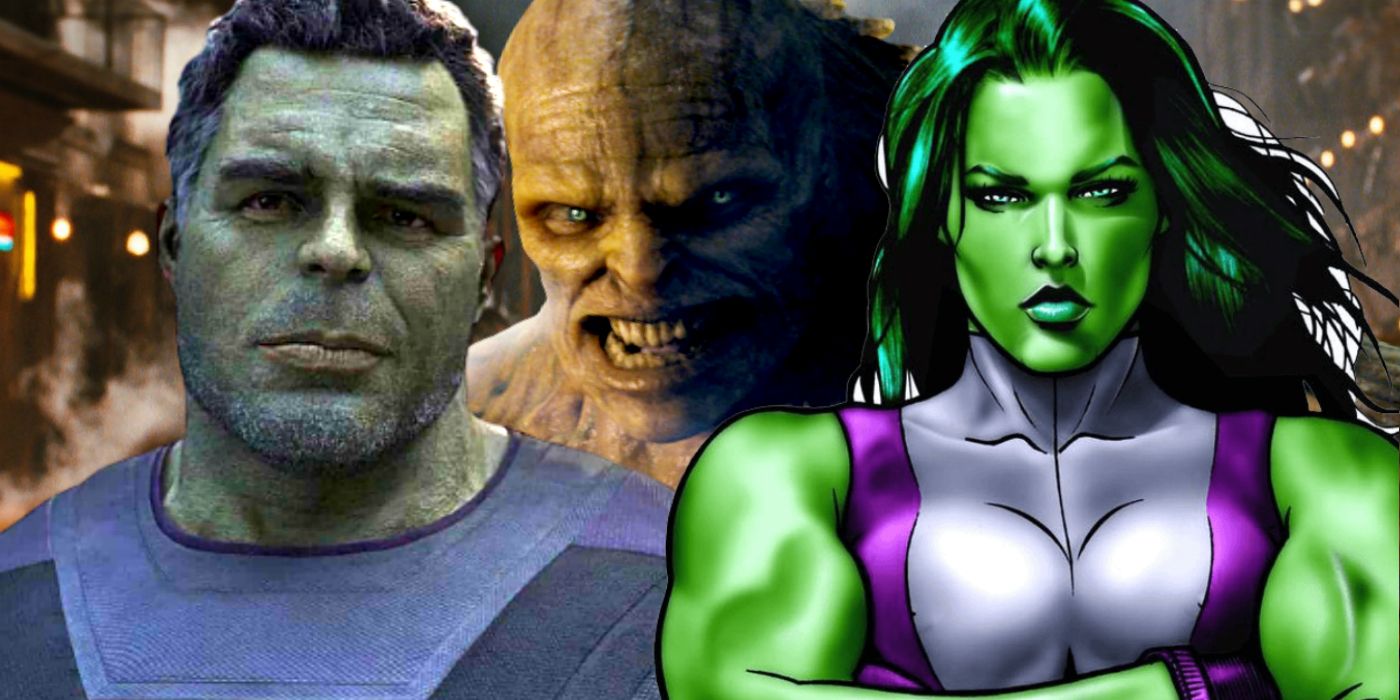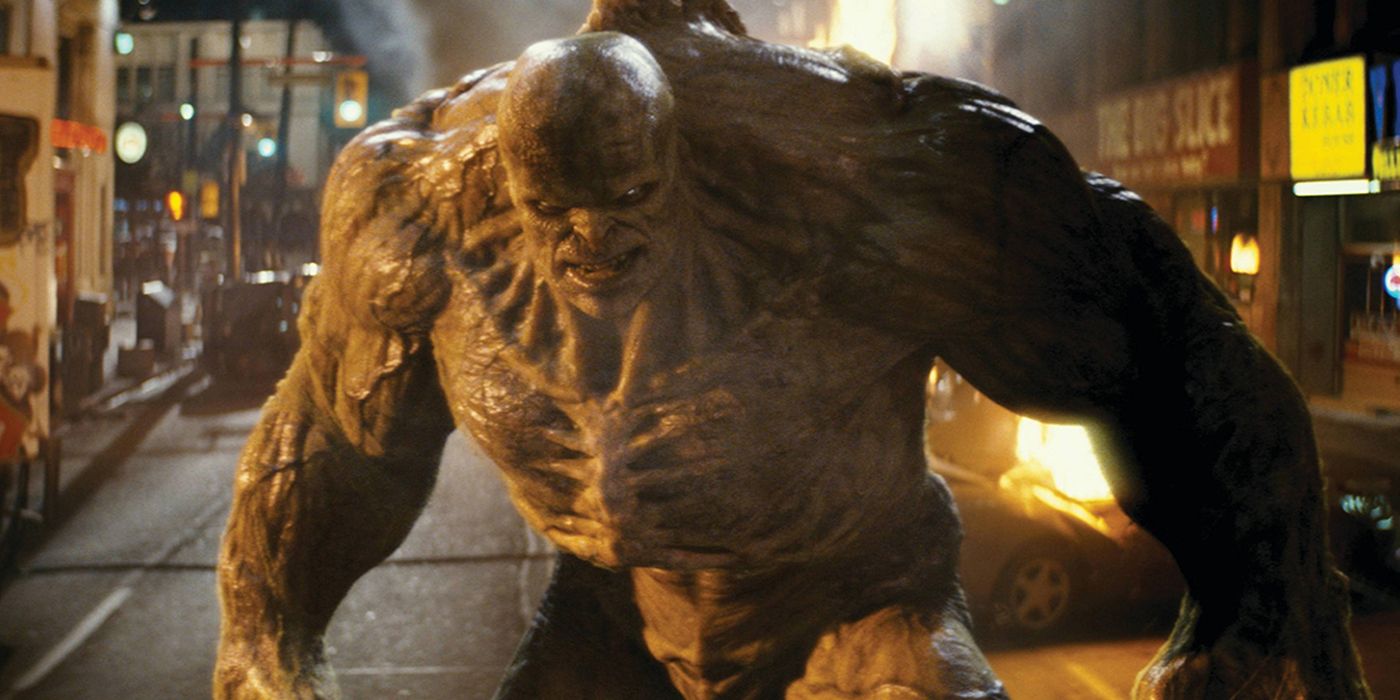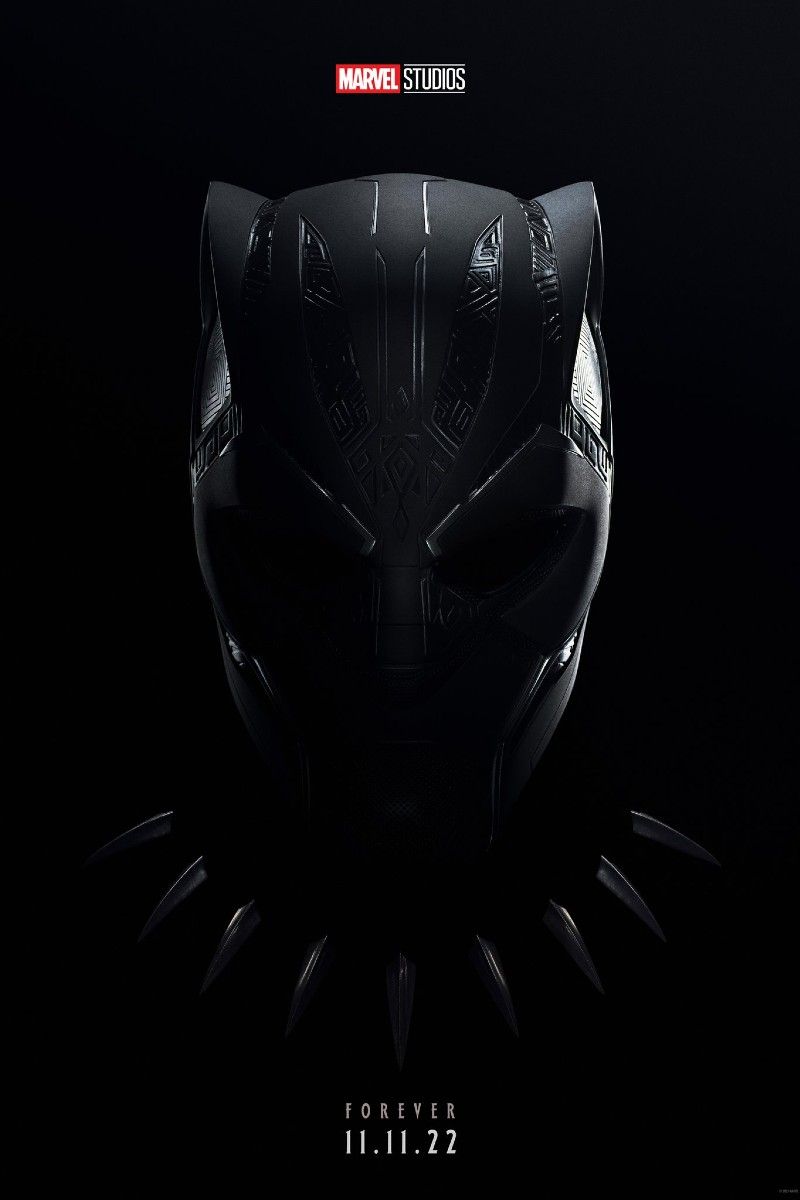Avengers: Endgame mostly resolved the struggle between Bruce Banner and the Hulk, but She-Hulk's conflict looks to reinvestigate it. Banner is in a good position at the close of Endgame, having become, through experimentation and dedication, a more self-controlled combination of his two selves, sometimes referred to as "Smart Hulk." But as the Marvel Cinematic Universe expands apace, both in theaters and increasingly on Disney+, more characters closely related to the Hulk will be given their own stories, and Bruce Banner's journey may still serve as a model for them well into Phase 4.
The antagonistic Abomination made his live-action debut, played by Tim Roth, in 2008's The Incredible Hulk. Despite being released after Iron Man, the film was for a long time a bit of an outlier in the MCU, especially because the title role was recast with Mark Ruffalo in The Avengers. However, its story was reintegrated somewhat with the appearance of William Hurt's General Ross in Captain America: Civil War, and that's continuing through Phase 4. Not only will Ross be seen again in Black Widow, but Roth himself will return as The Abomination in She-Hulk.
Bruce Banner's reconciliation with the Hulk in Avengers: Endgame effectively ended the internal struggle that characterized much of the hero's stories. However, the two sides of that conflict can be externalized in Phase 4, as Disney+'s She-Hulk is set to feature both Tatiana Maslany's title character, representing the side of reason, and Roth's Abomination, representing the side of raw destructive force. Ruffalo's Bruce Banner is also scheduled to make an appearance, which expands the possibilities with a potential point of neutral perspective.
Although some versions of the Hulk (Amadeus Cho's, for instance) have been peaceable syntheses of personalities, Bruce Banner has generally had a Dr. Jekyll and Mr. Hyde dynamic with his alter ego. The result is stories that often have the potential to blur the lines of antagonism; the cover of 1962's The Incredible Hulk #1 even questioned "Is he man or monster or...is he both?". Separating the two aspects into completely distinct characters will naturally lessen this somewhat, but She-Hulk and the Abomination both have intrinsic connections to Banner (in terms of both powers and personal relationships), and thus have as many similarities as differences, surely allowing for plenty of "We're not so different, you and I" moments.
Although it promises the exciting introduction of new heroes like Shang-Chi and Ms. Marvel, Phase 4 of the MCU will remain very concerned with its legacy, if the loglines of projects like The Falcon and the Winter Soldier and Hawkeye are any indication. In a meta sense, the tremendous impact of the MCU on Hollywood probably justifies this self-reflection, but hopefully, in addition to retrospection, these stories will offer up new and interesting permutations of past ideas, as She-Hulk looks poised to do.








